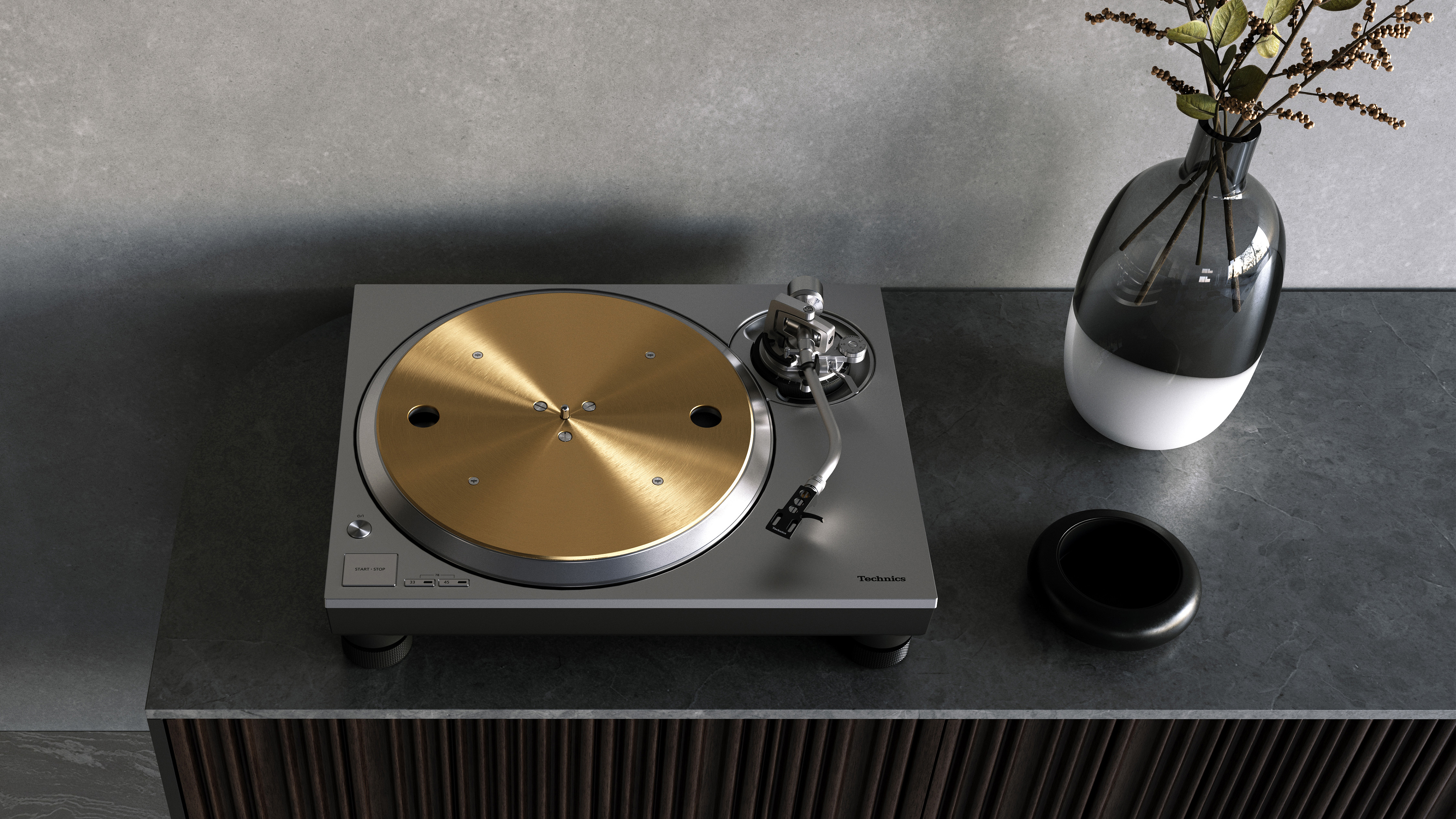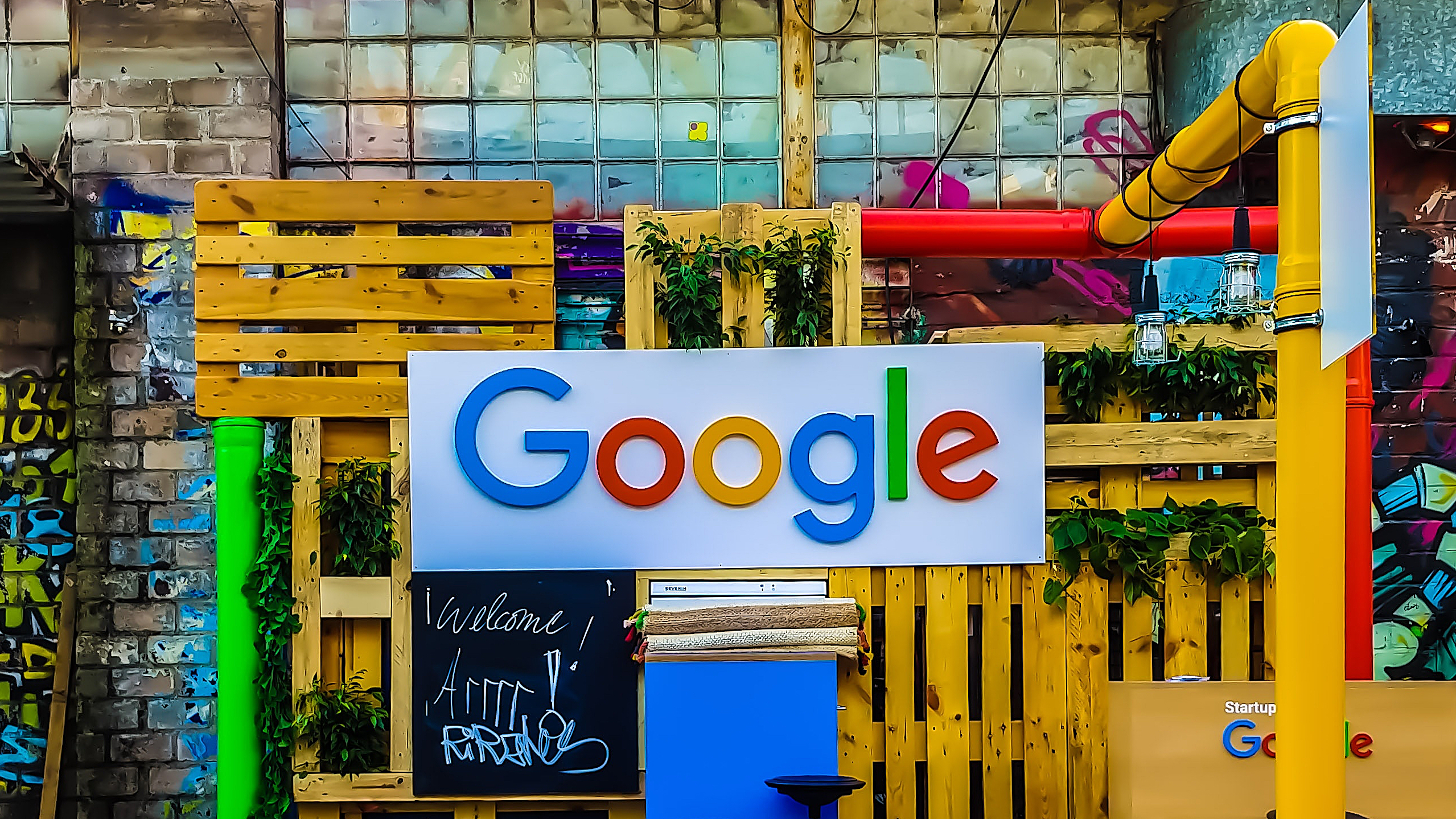

Google IO is supposedly a conference for developers, but in recent years Google has taken to launching all kinds of apps, services and hardware devices at the event – and this year we got a bumper crop of new products to talk about, which we'll outline for you here.
Whether you're after a new smartphone, want to know what's coming with Android Q later this year, or need an upgrade for your home's smart display, Google IO 2019 has you covered: these are all the announcements that matter from this year's big event.
If you want to go back and watch the whole keynote again, all 103 minutes of it is up and available to stream on YouTube. Look out for a full Android Q launch later in the summer, and of course the arrival of the new Pixel 4 phones sometime near the end of the year.
Google IO 2019: the Pixel 3a and Pixel 3a XL
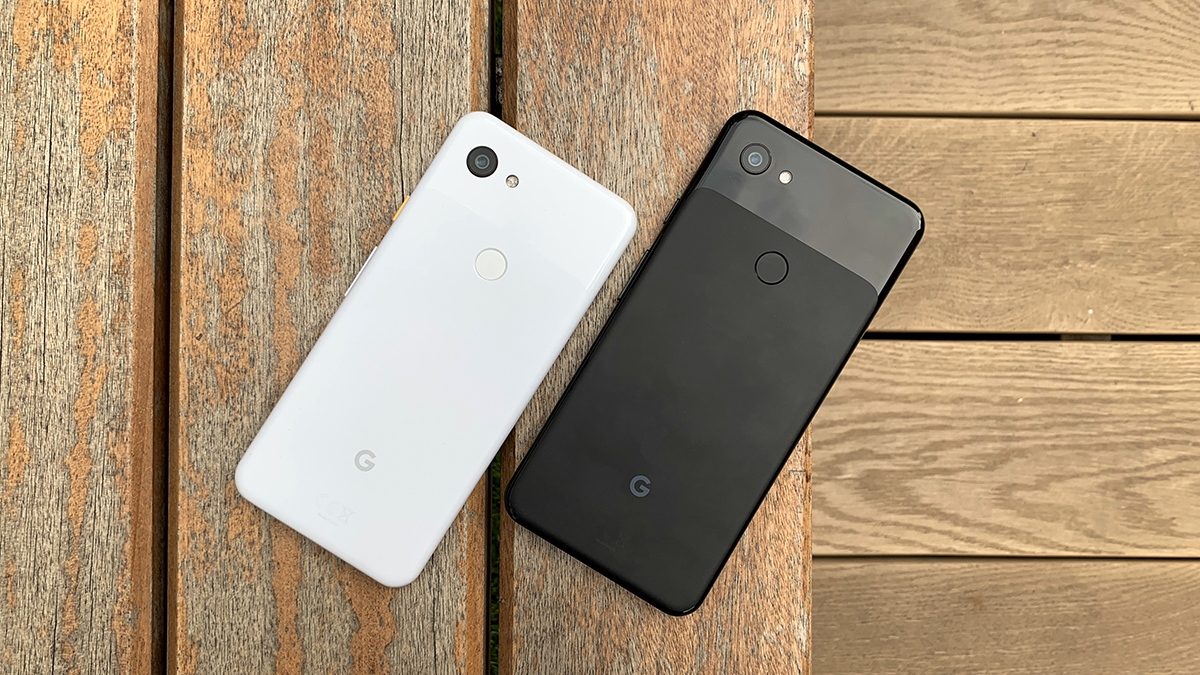
Google Pixel 3a and Google Pixel 3a XL
Leading the hardware announcements were the Pixel 3a and Pixel 3a XL phones, mid-range variants of the Pixel 3 phones that Google launched late last year.
So what's changed? The materials are a little cheaper, the screen resolutions are a little lower, the internal storage has been chopped down, and you don't get quite as fast a processor as you do on the flagships. With starting prices of £399 and £469 you might consider those trade-offs worth it.
What you do get is the same best-in-class 12.2-megapixel rear camera, and the same super-smooth Pixel Android software. Pixel 3a and Pixel 3a XL owners are guaranteed the latest software updates (including Android Q) for the next three years.
Apparently these phones can eke out 30 hours between charges, and Google has even seen fit to bring back the 3.5mm headphone jack too. We'd say the mid-range Pixels are looking like great value for money.
Sign up to the T3 newsletter for smarter living straight to your inbox
Get all the latest news, reviews, deals and buying guides on gorgeous tech, home and active products from the T3 experts
Google IO 2019: the Nest Hub Max
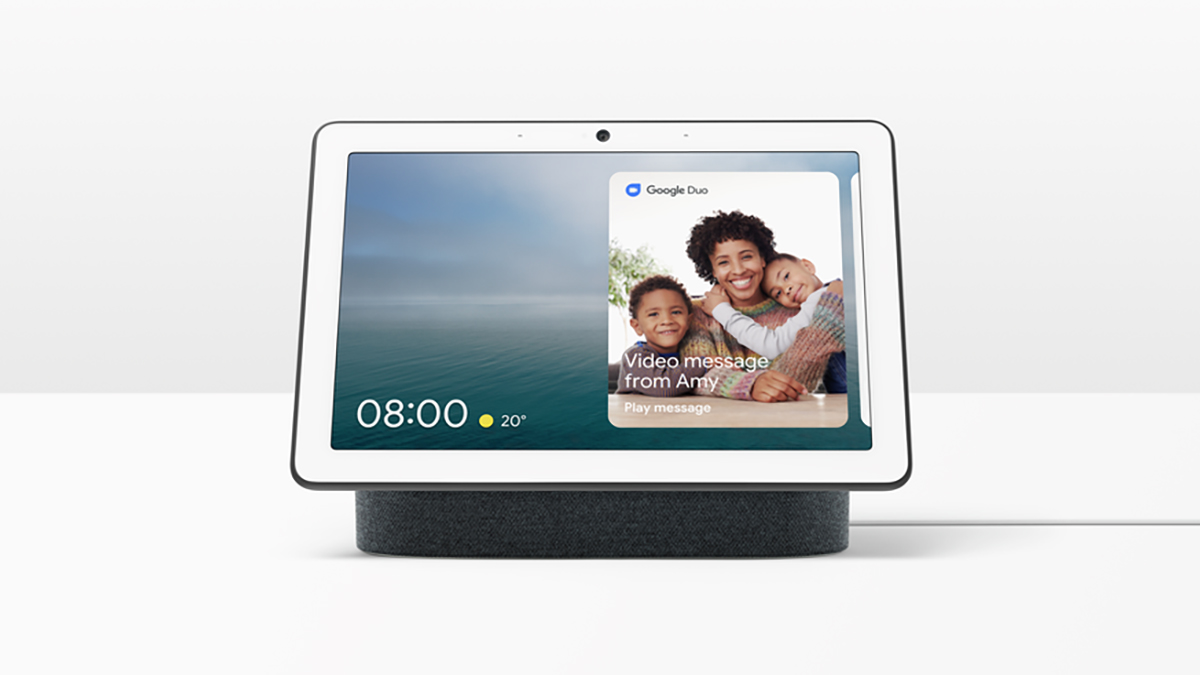
Nest Hub Max
Pay attention at the back, because Google is bringing its Google Home range under the Nest umbrella. We're not sure if that means Google Home Minis are now Nest Home Minis, but we can tell you that there's a new smart display in town: the Nest Hub Max.
It's a successor to the Google Home Hub and extends the screen size to 10 inches, as well as adding more oomph to the audio – so it's better at filling a room full of sound the next time you have an impromptu house party.
Another difference from its predecessor is there's now a camera on board, enabling two-way video calls. The camera will even follow you around the room while you're talking (there is a switch on the back to switch off the camera and mic). Of course you get all the benefits of Google Assistant as well.
One neat feature the Nest Hub Max offers is face matching: if it recognises you, it can show you calendar details and other information specific to you rather than anyone else in the family. The smart display goes on sale soon for £219.
Google IO 2019: Android Q

Dark Theme in Android Q
We've already seen some of what Android Q has to offer, but there were plenty more reveals at Google IO. Take Dark Theme for instance, which is coming soon: it works system wide and does exactly what you think it does.
Also arriving with Android Q (and rolling back to Android 9 Pie users as well) is Focus Mode. This is like a modified Do Not Disturb, where you can mute specific apps while keeping others active – whatever it takes to help you focus.
Security and privacy features are getting shifted around and made easier to use, and upgrades for parental controls are in the pipeline too – like the option to give your kids 'bonus time' when they've earned it.
Other neat new features we saw at Google IO 2019 included Live Captions (real time subtitling for any video in any app) and the expansion of Smart Reply to any messaging app on your phone. The beta program has been extended to more devices, too.
Google IO 2019: AI and software updates
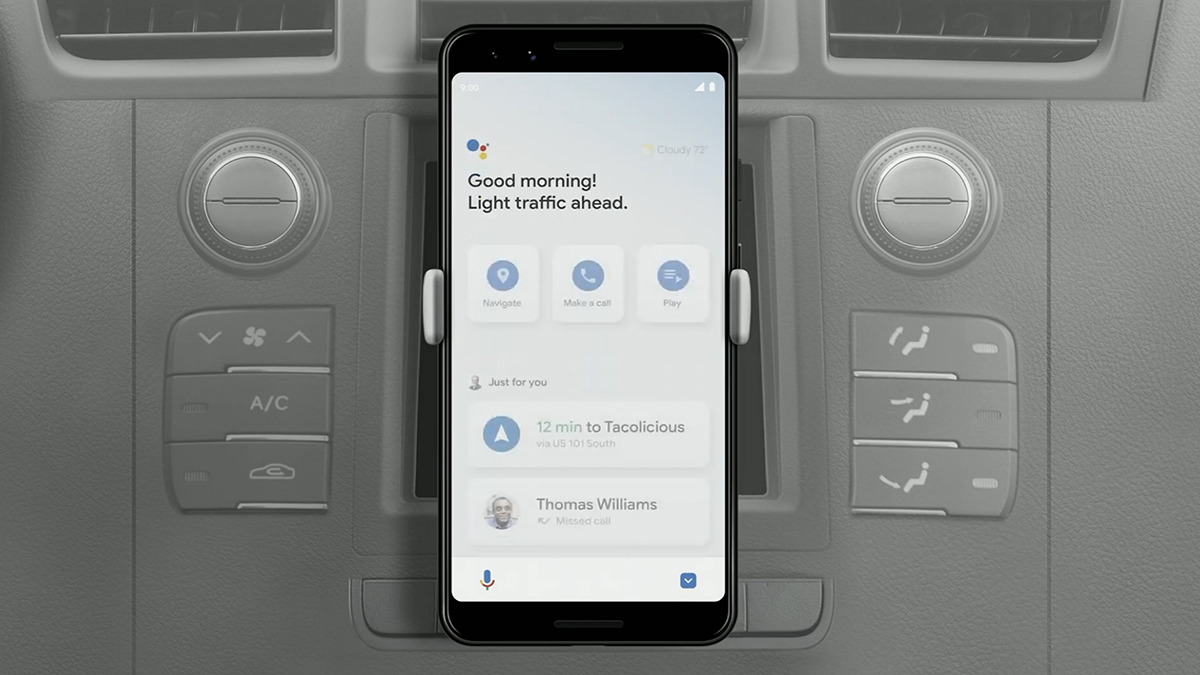
Google Assistant in driving mode
As is the norm for Google these days, artificial intelligence was mentioned a lot at IO 2019: it underpins just about everything Google is doing at the moment. Google says it's made major progress in making its algorithms more efficient, which means more AI processing can be done on devices, which means Google Assistant is faster than ever.
Google Assistant is also stretching further into Google Maps – you'll soon be able to use it when navigating to a place, bringing up music and answering calls using your voice and the Assistant (and keeping your eyes fixed on the road).
Google Lens has some new tricks as well, like being able to show you popular dishes when you take a photo of a menu, or reading out the text on signs – even if the sign is in a foreign language. In almost every area, Google's machine learning techniques are getting faster and more accurate, and that's flowing down to the products and services it develops.
We also saw a demo of Google Duplex (the automated calling service) being used on the web to speed up tasks like renting cars or booking movie tickets. It's like an advanced version of auto-fill, pulling in data from your Gmail account and other Google services, and more details on "Duplex on the web" have been promised for later this year.
Dave has over 20 years' experience in the tech journalism industry, covering hardware and software across mobile, computing, smart home, home entertainment, wearables, gaming and the web – you can find his writing online, in print, and even in the occasional scientific paper, across major tech titles like T3, TechRadar, Gizmodo and Wired. Outside of work, he enjoys long walks in the countryside, skiing down mountains, watching football matches (as long as his team is winning) and keeping up with the latest movies.
-
 Spotify gets a great Gemini AI upgrade, but you'll have to jump through a few hoops to use it
Spotify gets a great Gemini AI upgrade, but you'll have to jump through a few hoops to use itAnd there’s a couple of caveats too
By Britta O'Boyle
-
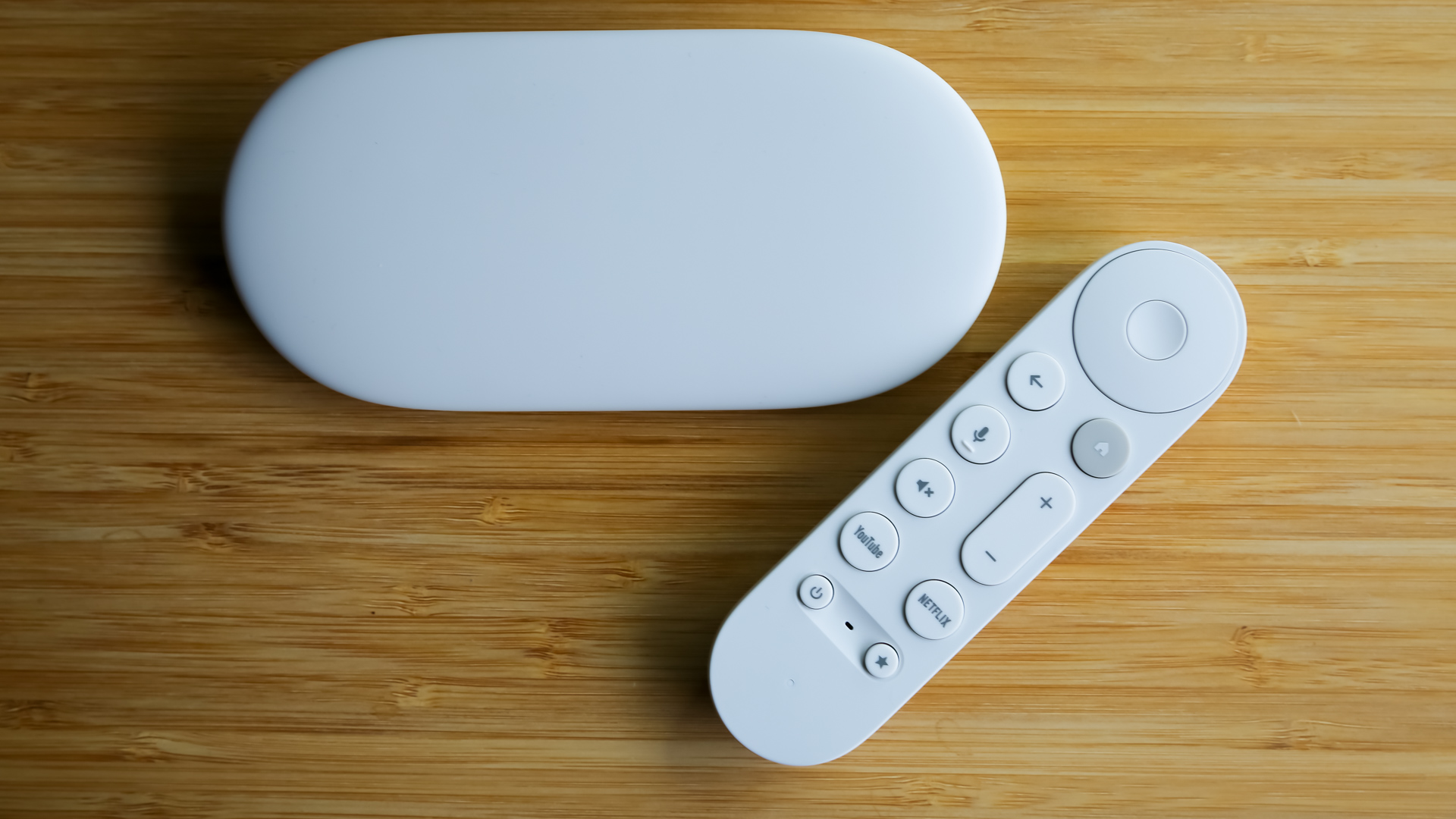 Google TV Streamer first impressions are good, but it needs a speedy update
Google TV Streamer first impressions are good, but it needs a speedy updateHere are my initial thoughts on Google's new streaming box
By Rik Henderson
-
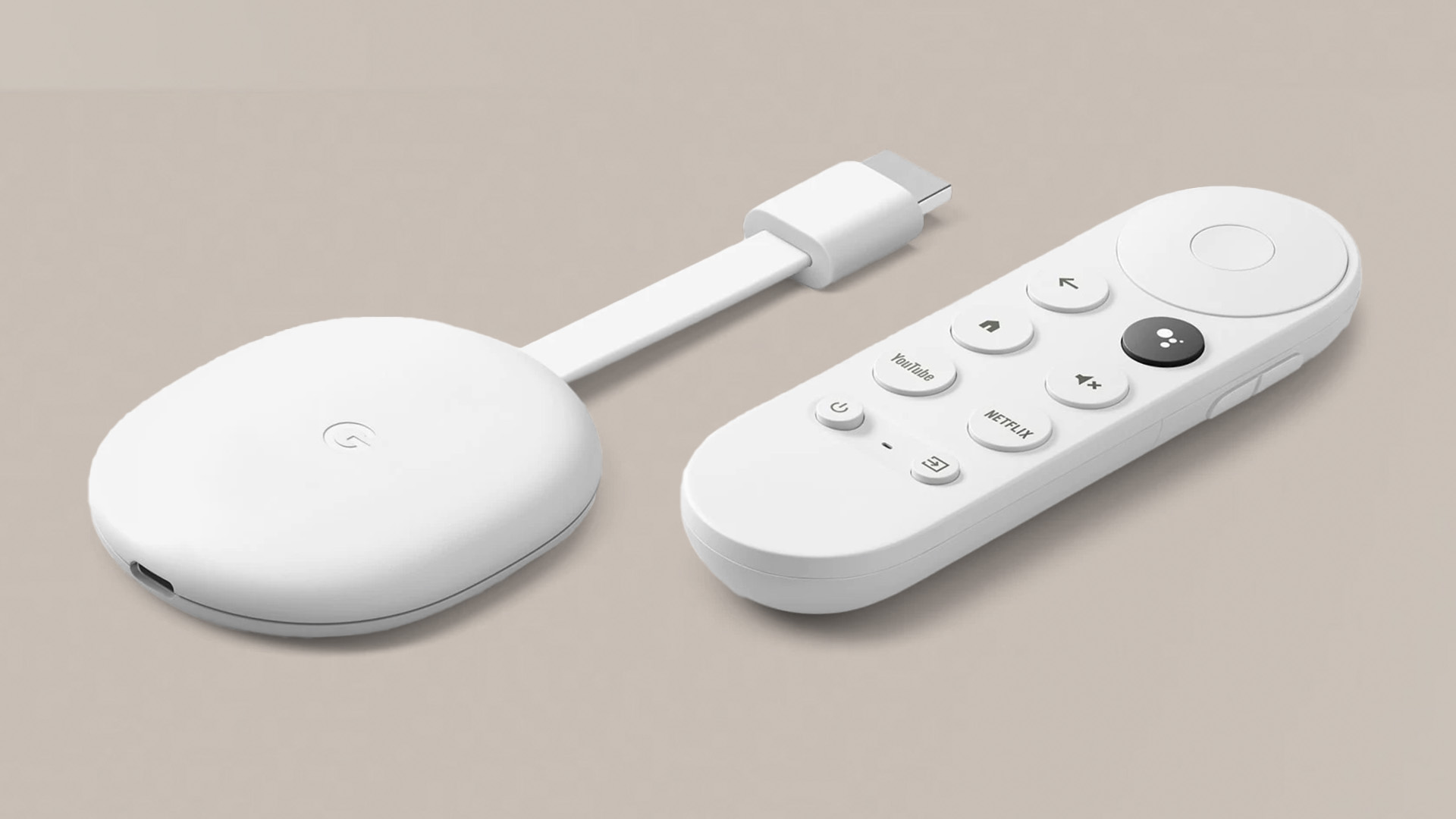 Maybe Google hasn't given up on Chromecast just yet...
Maybe Google hasn't given up on Chromecast just yet...It's back on Google Store US
By Britta O'Boyle
-
 Google TV Streamer may be great, but your older Chromecast is still getting a huge free upgrade
Google TV Streamer may be great, but your older Chromecast is still getting a huge free upgradeThe Chromecast with Google TV will continue to receive some much-needed love
By Rik Henderson
-
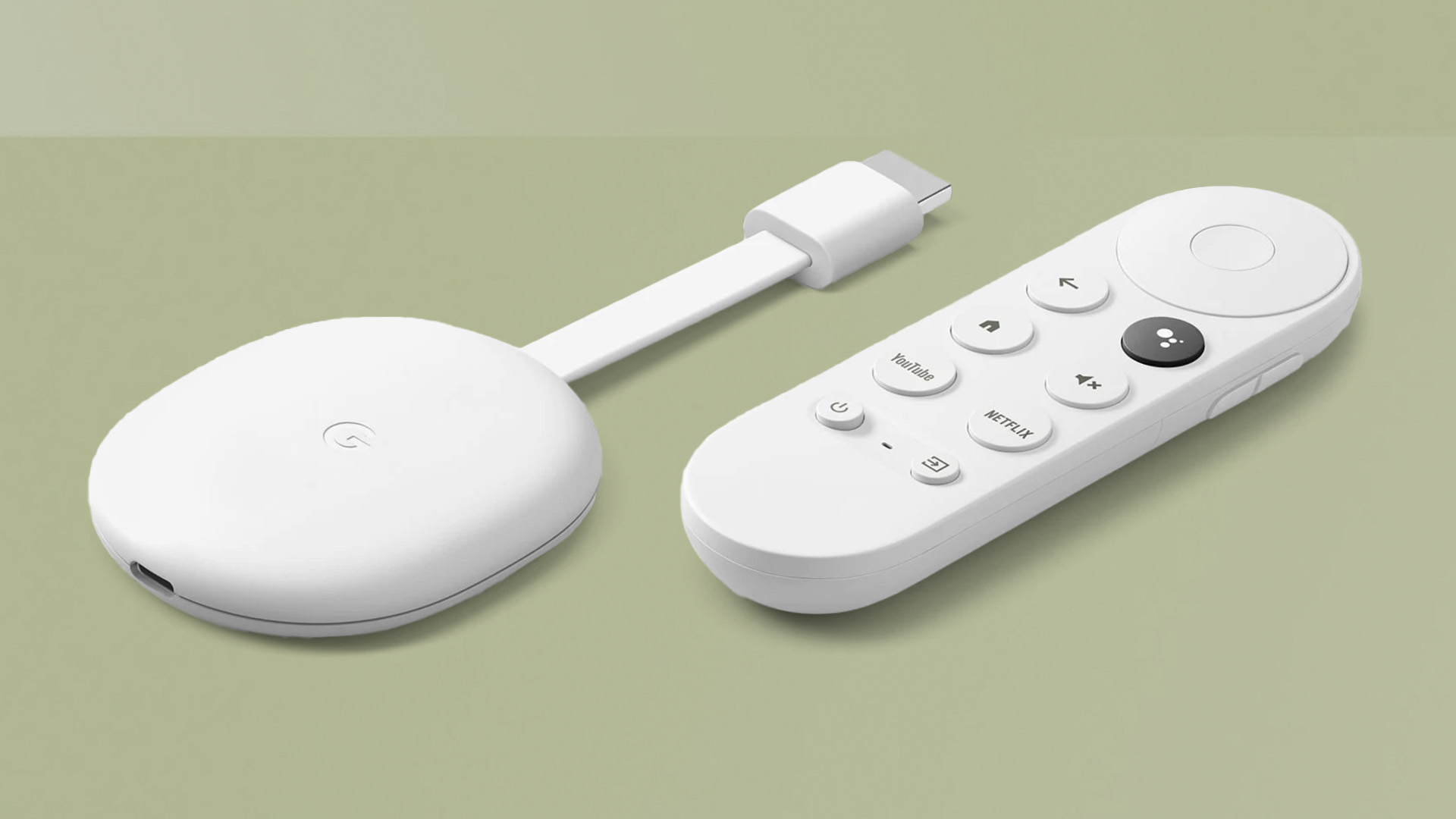 Chromecast is officially dead – get yours "while supplies last"
Chromecast is officially dead – get yours "while supplies last"Google has discontinued its streaming dongles
By Rik Henderson
-
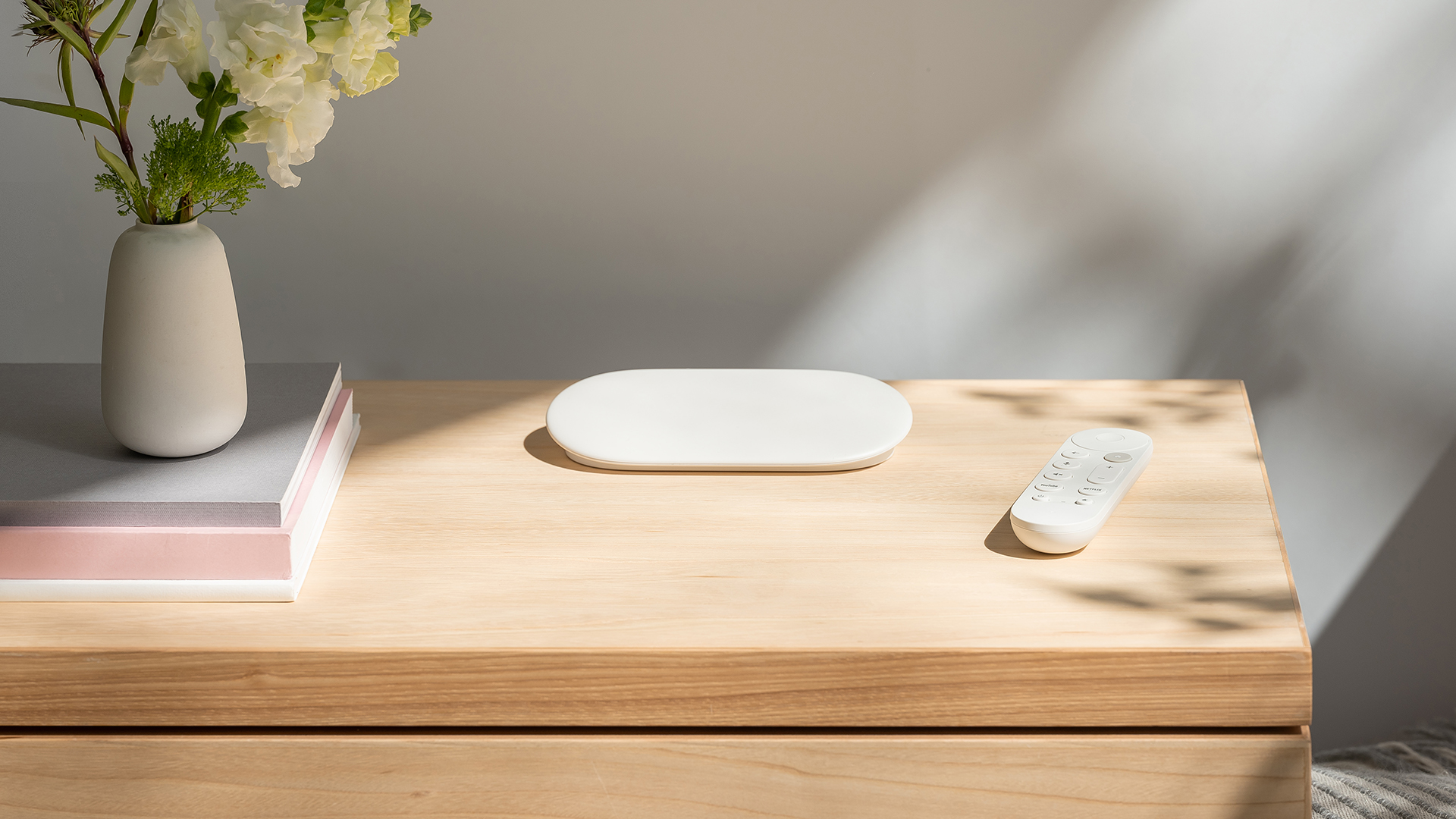 So long Chromecast, all-new Google TV Streamer has Apple TV in its sights
So long Chromecast, all-new Google TV Streamer has Apple TV in its sightsGoogle's no longer aiming at Amazon's Fire TV Sticks
By Rik Henderson
-
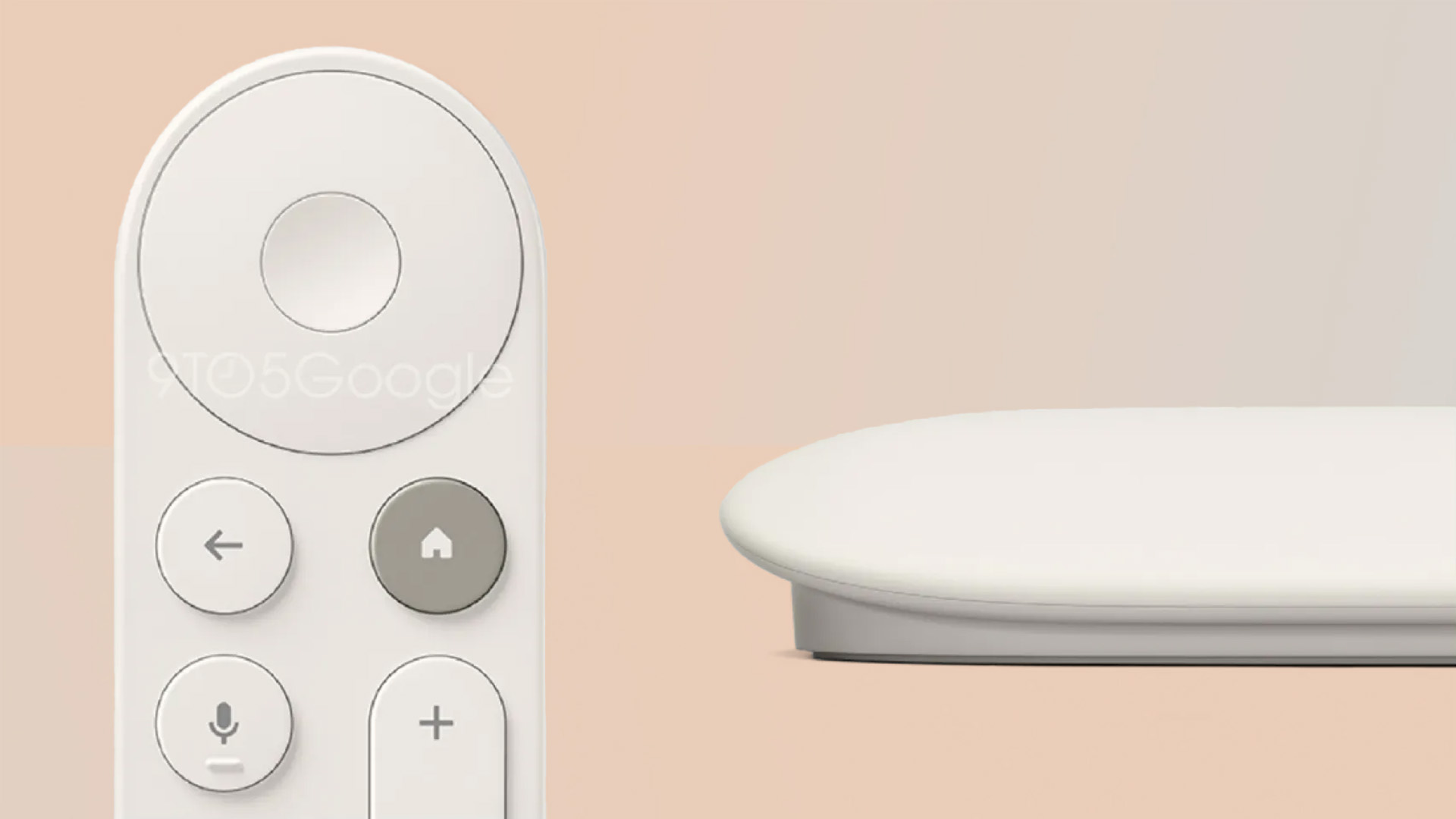 A new Google streaming device has been revealed, and it's not a Chromecast
A new Google streaming device has been revealed, and it's not a ChromecastGoogle is seemingly returning to the humble set-top-box
By Rik Henderson
-
 Google TV about to be inundated with ads, on both Chromecast and Smart TVs
Google TV about to be inundated with ads, on both Chromecast and Smart TVsBy Rik Henderson
